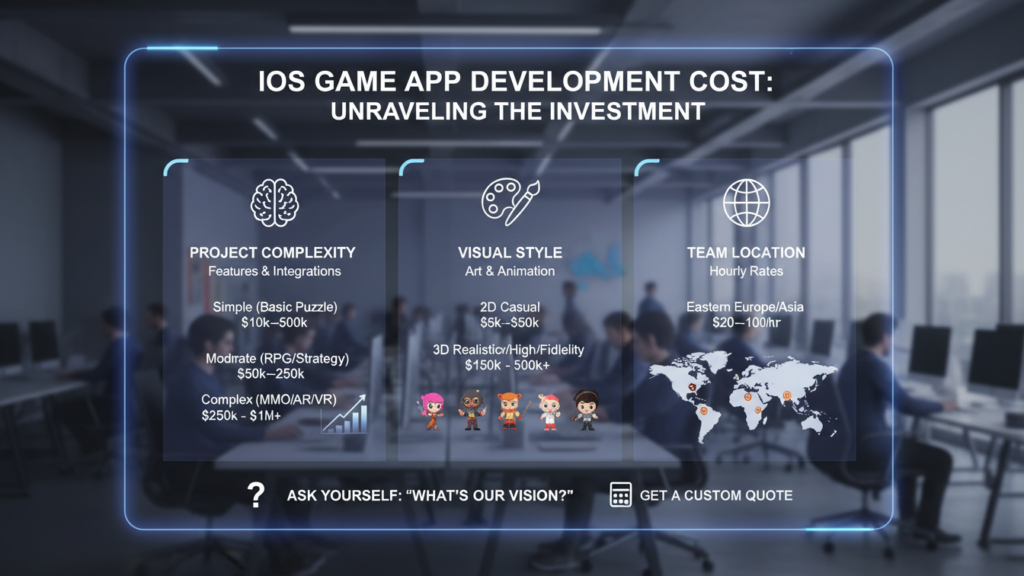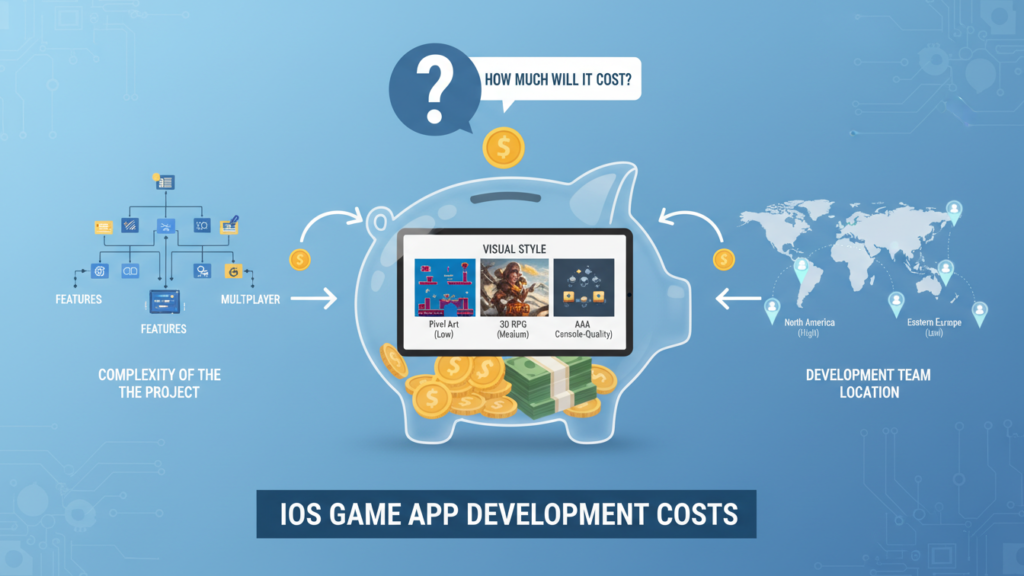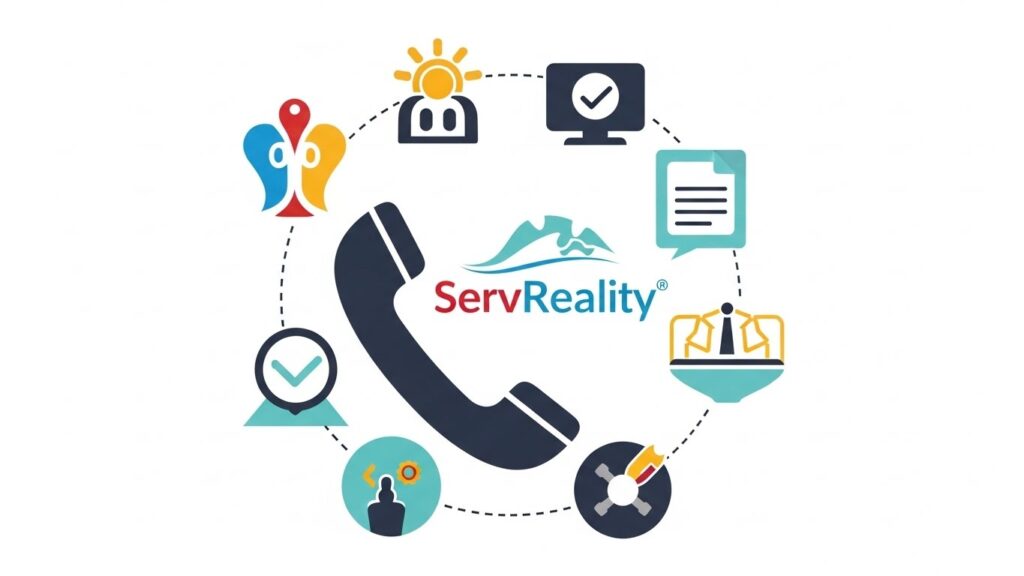Introduction
As an iOS app developer, you are constantly working with new technologies and tools that make it easier to create high-quality apps. With the ever-evolving landscape of mobile development, it can be challenging to stay up-to-date on the latest trends and techniques. In this article, we will explore some of the essential skills and tools for iOS app developers, along with tips and best practices to help you succeed in your career.
1. Programming Skills: Swift and Objective-C
The first and most important skill for any iOS app developer is programming proficiency in Swift or Objective-C. These are the two primary languages used by Apple to develop apps for iOS devices. Both languages have their own strengths and weaknesses, so it’s important to choose one that works best for your needs and style of development.
Swift is a newer language developed by Apple specifically for iOS, macOS, watchOS, and tvOS app development. It has become the most popular language among iOS developers, thanks to its clean syntax, powerful features, and strong community support. Objective-C, on the other hand, is an older language that has been around since the early days of Apple’s Mac OS platform. It has a steeper learning curve than Swift but offers greater flexibility and compatibility with legacy code.
2. Knowledge of Frameworks and Libraries
In addition to programming skills, iOS app developers also need to have a strong understanding of frameworks and libraries that can help them build apps more efficiently and effectively. Some popular frameworks include UIKit, AutoLayout, and Core Data, while libraries like Alamofire and Kingfisher can simplify tasks such as networking and image loading.
When choosing which frameworks and libraries to use, it’s important to consider factors such as ease of integration, community support, and customization options. It’s also important to keep in mind that some frameworks and libraries may be more suitable for certain types of apps or projects than others.
3. Design Skills: User Interface (UI) and User Experience (UX)
Another essential skill for iOS app developers is design proficiency, specifically in the areas of user interface (UI) and user experience (UX). Good UI/UX design can make an app more intuitive, engaging, and easy to use, leading to higher adoption rates and better customer satisfaction.
When designing an app’s UI/UX, it’s important to consider factors such as layout, typography, color scheme, iconography, and animations. It’s also important to ensure that the design is responsive and adapts well to different screen sizes and orientations. Tools like Sketch and Figma can help developers create and collaborate on UI/UX designs.

4. Debugging and Testing Skills
Debugging and testing skills are crucial for iOS app developers, as even small bugs or errors can have a significant impact on an app’s performance and user experience. Tools like Xcode’s debugger and simulator, as well as third-party testing frameworks like Jest and Enzyme, can help developers catch and fix bugs quickly and efficiently.
In addition to technical testing, it’s also important for iOS app developers to conduct user testing and gather feedback from beta testers and other users. This can help identify areas where the app may be confusing or frustrating to use, and provide insights into how to improve the overall user experience.
5. Knowledge of Cloud Services and APIs
As more apps move to the cloud, iOS app developers need to have a strong understanding of cloud services and APIs (application programming interfaces). Popular cloud platforms like AWS and Azure offer a range of services that can help developers store, manage, and analyze data, as well as integrate with third-party APIs and services.
When working with cloud services and APIs, it’s important to consider factors such as security, scalability, and cost. It’s also important to choose the right tools and technologies for your specific needs, and to stay up-to-date on best practices and emerging trends in cloud computing.
6. Collaboration and Communication Skills
Finally, successful iOS app development requires strong collaboration and communication skills among team members. Whether you’re working with a small team of developers or a larger group of designers, marketers, and project managers, it’s important to have clear channels of communication and effective tools for sharing information and collaborating on tasks.
Tools like Slack, Trello, and Asana can help teams stay organized and communicating effectively, while regular meetings and check-ins can ensure that everyone is on the same page. It’s also important to foster a culture of openness and transparency, where team members feel comfortable sharing ideas, feedback, and concerns.
Conclusion
In conclusion, becoming an expert in iOS app development requires a combination of programming skills, design proficiency, debugging and testing skills, knowledge of cloud services and APIs, and strong collaboration and communication skills. By mastering these essential skills and tools, you can build high-quality apps that engage users and deliver real business value.
FAQs
1. What is the most popular programming language for iOS app development?
Swift is currently the most popular programming language for iOS app development, thanks to its clean syntax, powerful features, and strong community support.
2. What are some popular frameworks and libraries for iOS app development?
Some popular frameworks and libraries for iOS app development include UIKit, AutoLayout, Core Data, Alamofire, and Kingfisher. The choice of which frameworks and libraries to use depends on the specific needs of the project.
3. How important is design proficiency in UI/UX for iOS app development?
Design proficiency in UI/UX is crucial for iOS app development, as good UI/UX design can make an app more intuitive, engaging, and easy to use, leading to higher adoption rates and better customer satisfaction.
4. What are some popular cloud platforms and services for iOS app development?
Popular cloud platforms and services for iOS app development include AWS, Azure, Firebase, and Parse. These platforms offer



